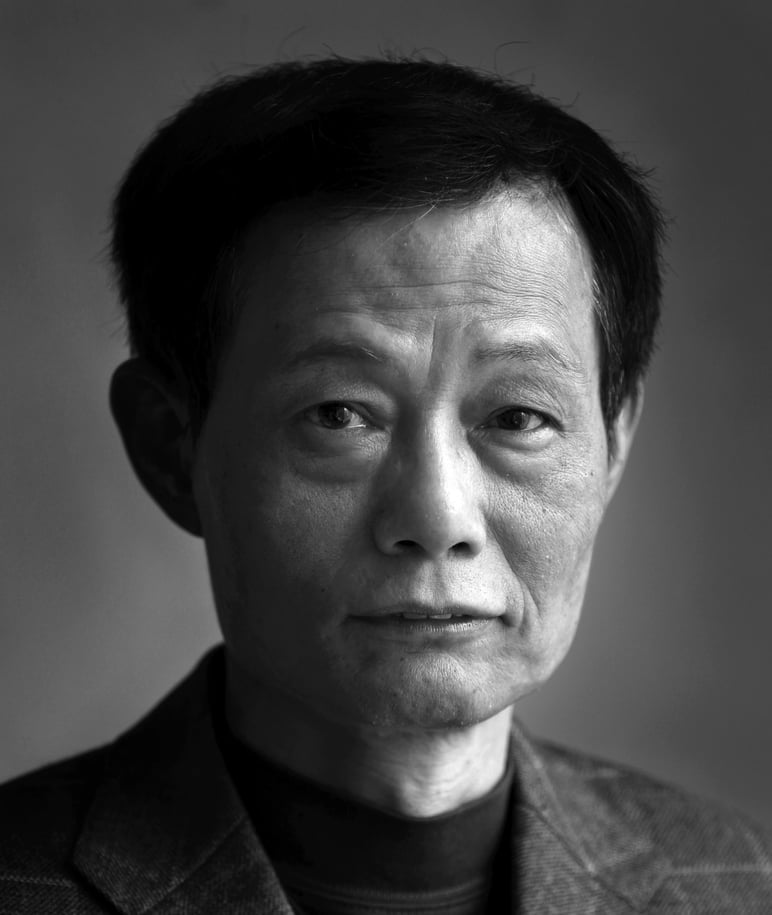
Between the trade war and coronavirus, US-China relations are becoming more toxic
- During the Sars outbreak and after the Sichuan earthquake, US administrations reached out to China. During the Covid-19 crisis, however, the two countries have been playing the blame game as hawks push for economic decoupling
Viruses and epidemics are enemies of the entire human race, and nations should be making joint efforts and cooperating to fight them, regardless of race, ethnicity, religion, ideology or political belief.
Why Vietnam can’t replace China as the world’s manufacturing hub
The global health crisis is evidently hurting the fragile truce between Beijing and Washington, as officials fight a daily war of words on various issues.
While Beijing’s top concern is whether Covid-19 might affect China’s central role in global supply chains, politicians in Washington has seized the opportunity to push the decoupling of the two economies, citing both economic and national security risks. The pandemic has, if anything, strengthened the validity of the exit strategies that grew among US companies during the trade war.
Such a decoupling would fundamentally alter the landscape of the global economy, reshape geopolitics and undermine the very foundation that has supported relations between the world’s two largest economies, despite their discord on a wide range of issues. The Covid-19 pandemic might well accelerate this process.
Relations between nature and humanity have deteriorated over the past century, with mankind’s unconstrained exploration and development of the world. Unfortunately, the relationship between the world’s two major powers is becoming just as strained.
The question then is: what is the greater enemy, the pandemic from mother nature, or adversarial politics from human beings?
Amid growing strategic distrust and antagonism, political hawks in both capitals seem to see each other as a political virus that is more toxic, contagious and lethal than a biological virus.
Cary Huang is a veteran China affairs columnist, having written on this topic since the early 1990s

